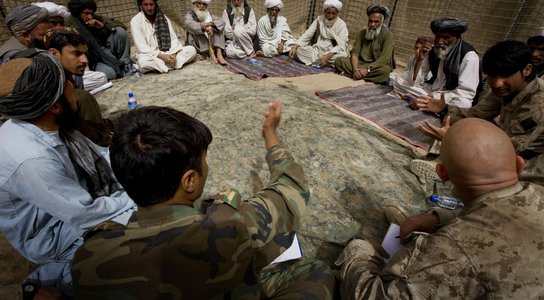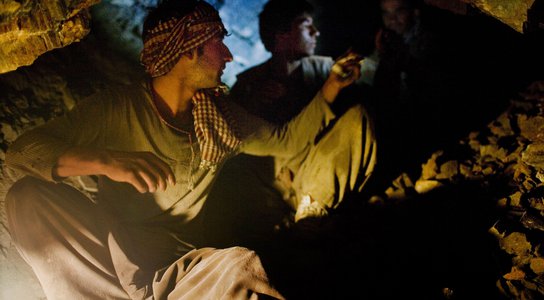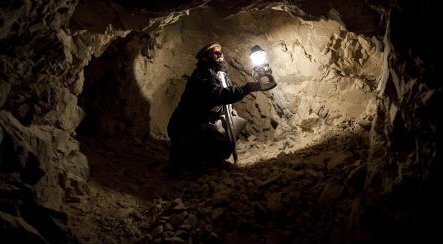In 2008, Afghanistan took a major step in developing its mineral and hydrocarbon potential by signing a deal with Chinese consortium MCC and Jiangxi Copper Company Limited for the Aynak copper concession in Logar province. This is the country’s biggest private investment to date and the first of its large-scale extractives projects.
As the Afghan government and its international community supporters work to expand the extractives sector rapidly - awarding a host of further concessions across the country -this report takes an in-depth look at the as yet unpublished Aynak contract. Looking at a range of issues from economic, social, developmental and cultural impacts to risks of corruption, conflict, environmental degradation and human rights abuse, the report considers the foundation set for this crucially important project, and key lessons as more concessions are awarded and new deals signed.
Copper Bottomed? highlights welcome standards and protections in the Aynak agreement, as well as the gaps and weaknesses which threaten to undermine the deal. The report calls for these points to be addressed urgently, including by:
- Full publication of the Aynak contract and all major ancillary agreements, sub-contracts and key project information;
- Urgent revision and clarification of the economic provisions including terms on royalties and rights to other resources to ensure they are mutually fair and unambiguous; and
- Publication of detailed processes for implementation of the contract. These processes should provide a voice for local communities, guard against security risks and enable stronger and more open oversight and monitoring.
Global Witness has also compared the 2008 Aynak contract to an agreement signed in 2011 with a group of JP Morgan facilitated investors for the Qara-Zaghan gold concession in Baghlan province. We found a few improvements, including immediate publication of the Qara-Zaghan contract but in most other respects, the 2011 agreement contains the same weaknesses as the Aynak agreement and on crucial points such as protections of land and water rights takes a major backward step. Full details of the comparison are available in the Global Witness report Getting to Gold.
As of early 2015, the Aynak contract was mired in controversy. No extraction had taken place, serious concerns over the preservation of archaeological treasures at the mining site had been raised, and there were reports of the contract being renegotiated. With the future of the project uncertain, a rigorous analysis of the strengths and weaknesses of the existing agreement is more relevant than ever.


